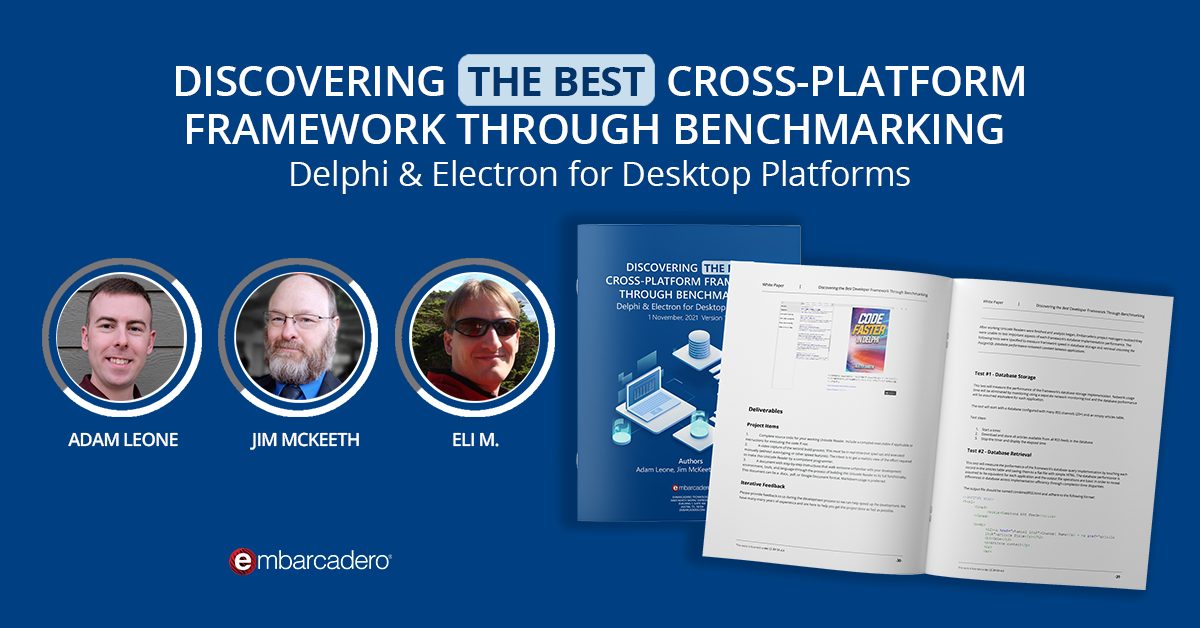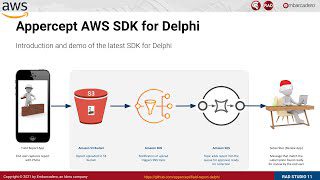Troubleshooting Entity Framework Connection Strings
August 13, 2010
Author: Craig Stuntz
In an application which uses the Entity Framework, you may see the following error at runtime:
MetadataException: Unable to load the specified metadata resource
The cause of this error is a missing or malformed Entity Framework connection string. In particular, the cause of this error is the metadata parameter of the connection string. Let’s examine this more…



